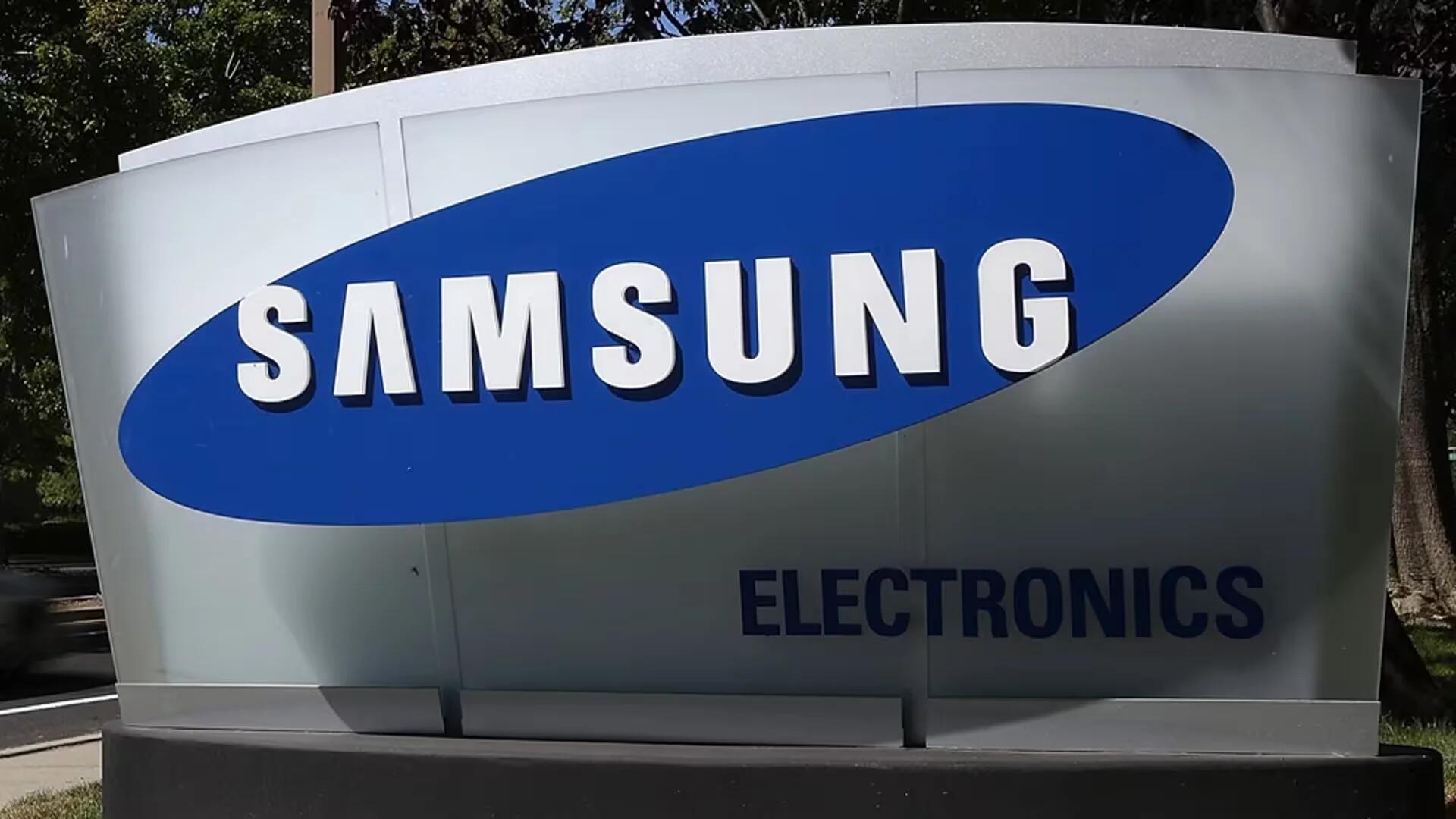In its Q4 2018 and FY 2018 report, Samsung saw a decline in both sales and operating profit, but the full year results were still record-setting.
The tech giant has already warned its investors that it was expecting a sharp earnings drop. Now, it turns out the Q4 2018 is actually a bleak period of three months for its smartphone division. Despite weak sales of mobile devices, the IT & Mobile Communications division reported gains on the back of 5G equipment installations and expansion of LTE networks.
In the report, Samsung said that its mobile division is affected by the slowing global smartphone sales, which also made a strong impact on Apple’s earnings for Q4 2018. In fact, the company expects slow smartphone sales to affect its mobile display business in the first quarter of 2019, as well.
The company believes their earnings will likely improve after the introduction of commercial 5G services in South Korea. It is also betting on the upcoming Galaxy S10, which will be launched on February 20 at the Unpacked event in San Francisco, United States.
Samsung also added that its memory business (NAND and DRAM) is affected by falling demand for memory chips. For the past two years, Samsung rode the high wave of impressive memory chip sales, but the hype eventually faded. Now, the demand for memory is gone, the price is also falling down. The company said major customers held back on orders, anticipating a further reduction in price. The company does not expect demand for memory to pick up this quarter, either, and is warning of weaker full-year performance overall with essentially flat smartphone sales.
In its full earnings report for Q4 2018, the Korean conglomerate has revealed that it posted 59.27 trillion Korean won (US$53.4 billion) in quarterly revenue, down 10 percent from the same time last year. Its 10.8 trillion Korean won (US$9.7 billion) quarterly operating profit is also down 29 percent from the same period in 2017.
Despite all its trouble, Samsung still keeps its lead in global smartphone shipment, and it is still holding the number one spot with 18.7% market share for Q4 2018. However, the lead is not very large as Apple, which is in second place is closely trailing Samsung with 18.2% market share for Q4 2018. Year-to-year, Samsung has managed to ship 293.7 million handsets for a total 21.2% market share in the global device market.
Whilst the data is not a surprise, the year-on-year decline in smartphone shipments does indicate that we may have actually already reached ‘peak smartphone’. That means that at least in theory, the only way is down for some of the world’s biggest smartphone makers.
Looking ahead to 2019, Samsung will “aim to secure future growth by increasing sales of premium products and strengthening online and B2B businesses”.
